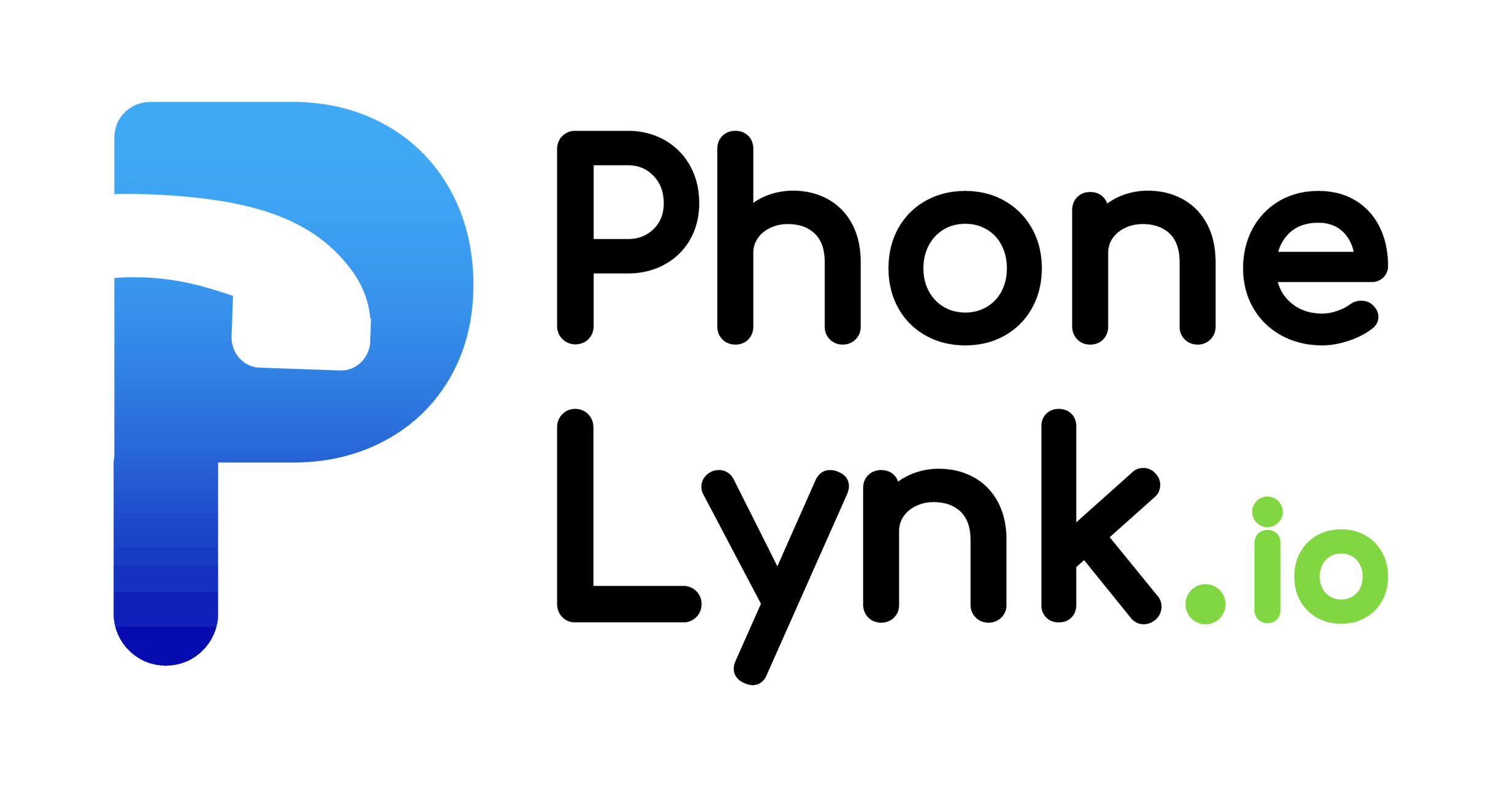Are you aware of the “corporate creepers,” companies who track you and know everything about you? They know what you buy, where you go, where you like to eat, what apps you use, what websites you sign up for, what doctors you go to, and more.
Did you know these creepers use your mobile phone number to track you? Were you aware hackers can take over your accounts using your phone number?
You must provide a phone number when you sign up for virtually any online service, from social media to financial sites. Nowadays, some restaurants even require a phone number to join the waitlist.
If you realized the importance of what you’re giving out, you might not share your phone number so readily. Let’s look at the risks this poses to you.
Security
Every few months, we hear about a data breach at a major corporation. These companies have our personal data, including our phone numbers. This stolen data opens us up to a hack most people have never heard of, the SIM Swap Scam. In short, hackers use your phone number and other personal information to redirect your number to a phone of their choice. After that, they can gain access to virtually any of your online accounts. This is done by resetting your passwords using “Forgot Password” procedures which send SMS confirmation to your mobile phone number, which they now control. A Ziff Davis article by Liam Tung states, “The Federal Bureau of Investigation (FBI) is warning about a big uptick in scams using smartphone SIM swapping to defraud victims.” Liam explains this in the article, “FBI warns: SIM-swapping attacks are rocketing, don’t brag about your crypto online.” Another good article is from Wired, “Phone Numbers Were Never Meant as ID. Now We’re All At Risk.”
Even without a sophisticated attack, anyone with your phone number can easily get private info on you using a plethora of reverse phone number lookup services. This private information can be used to “social engineer” access to your bank accounts and other sensitive accounts.
Invasion of Privacy
Did you know there is an entire industry built around creating a profile on you? Data brokers examine every interaction you have, whether it’s going to the doctor, buying a cup of coffee, going to a movie, or anything you can imagine. This industry is detailed in the article “Here are the data brokers quietly buying and selling your personal information.”
Nuisance Calls and Text Messages
In addition to security and privacy concerns, handing out your phone number opens the door to many nuisance issues like receiving a barrage of spam text messages and phone calls. It’s common to get dozens of bogus text messages and calls every single day. But what should we expect when handing out our personal phone numbers? We are essentially volunteering to receive promotional materials when we give out our number.
So, What’s the Solution?
STOP GIVING OUT YOUR REAL PHONE NUMBER!
OK, that’s easy to say, but how? Well, you need decoy phone numbers you can use instead of your primary number. You can get a decoy phone number in several ways. One approach is to get a separate SIM card and swap it out, but that’s a real hassle. You can get a second phone and carry it around, but that is expensive and cumbersome.
The better solution is to get VOIP (Voice over IP) numbers that you use from your mobile phone through a service like PhoneLynk. VOIP services allow you to have as many phone numbers as you’d like, and they support phone calls and text messages, just like your regular mobile number. However, they are not easily linked to you and can be discarded or changed when needed.
Cloak-and-Dagger Time!
Below are suggestions on using decoy phone numbers to outsmart those pesky creepers.
Advertisers, Websites & App Registration
Use one decoy phone number to sign up for websites and apps. Set this number to only allow text messages by putting it in Do Not Disturb (DND) mode for incoming calls. This way, you’ll get registration verifications and “forgot password” verification messages, but you won’t get any pesky phone calls. Interestingly, you can see a history of all attempted calls, but your phone won’t ring when set to DND. You’ll be shocked how many blocked spam calls you’ll get after signing up for just a few websites.
Suppose at some point, you want to receive incoming calls, for example, selling something on craigslist. In that case, you can enable calls until your transaction is complete, then go back to do-not-disturb.
Reservations, such as Restaurants
You go to a restaurant, and the host asks for your phone number to join the waitlist. Don’t give them your real phone number! Give them your “reservations” decoy phone number. Take the number out of DND so they can notify you when your table is ready; once you’re seated, put your “reservations” number back in DND mode. If this business sells your number or tries to send you advertisements, who cares, you won’t be disturbed.
More importantly, when the pesky Data Brokers get the number, they will not be able to cross-reference your visit to the restaurant with your tracking profile!
Dating Sites, etc.
An increasing number of people are now using dating sites to find compatible partners. When progressing to in-person dating, giving out your personal number is risky. What if things go wrong? You can block the person, but they will always have your personal number. Remember what we said about reverse lookup sites? It’s best to play it safe and use a temporary number from PhoneLynk until you’re comfortable sharing your actual phone number.
Conclusion
Our phone number has become the primary way companies identify us in the digital world. It is the unique key linking us to the cyber dossier maintained on each of us. Sharing our phone number introduces significant security and nuisance risks. The reality, however, is when participating in the digital world, we are forced to provide a phone number. Therefore, to avoid security risks, protect your identity, prevent tracking and reduce nuisance calls, it’s a good idea to have decoy phone numbers. This is our best way to stop the creepers.
Free Clip Art, CC BY-SA 4.0, via Wikimedia Commons

